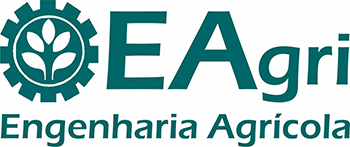The different crop systems used by farmers in the Brazilian semiarid show risk of loss due to the rainfall irregularity being therefore necessary to associate them to practices that provide higher availability of soil water during the cropping season. This study aimed to evaluate the application of minimal amounts of water and organic fertilization on yields of cowpea, BRS-Punjante cultivar (Vigna unguiculata (L.) Walp.) and maize, BRS-Caatingueiro cultivar (Zea mays L.). The results indicate that the highest yield of grain were obtained with the treatment which involved the salvation irrigation with organic manure, the cowpea 1,422.5 kg ha-1 and the corn 6,099.1 kg ha-1, followed by treatments that used only organic fertilization for both species. However, comparing the effect of organic manure applied alone on the control experiment were observed increases of 54.5% and 237,3% in yield of beans and maize, respectively, emphasizing the importance of the use of organic manure on crops.
Vigna unguiculata; Zea mays L.; salvation irrigation; organic fertilization





